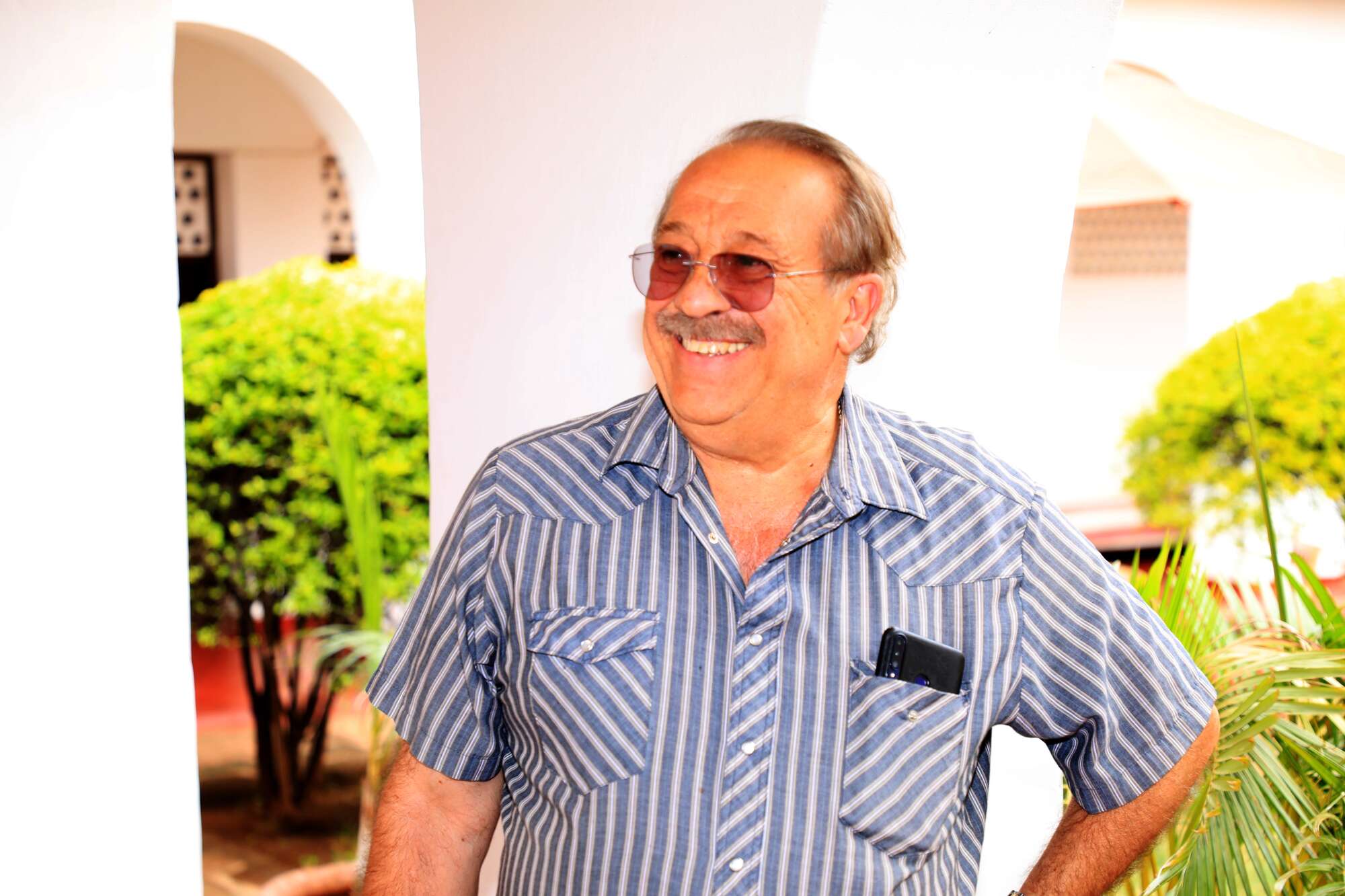The National Bank of Kenya (NBK) has suffered a blow after the Court of Appeal rejected the lender’s bid to overturn a Sh2.2 billion compensation to former MP Basil Criticos awarded by the Supreme Court.
The lender wanted the court to allow the appeal of the compensation arguing that the Sh2.28 billion bill risks pushing it into losses and affecting its lending obligations.

Justices Hannah Okwengu, Ali-Aroni and John Mativo agreed that the bill is huge and added that the dispute failed to meet the threshold of public interest for the Supreme Court’s hearing.
The Court of Appeal in April ordered NBK to pay Mr Criticos the billions for auctioning his sisal farm 14 years ago.
The judges found that the auction in September 2007 of the 15,994.5 acres in Taita Taveta belonging to Mr Criticos was undervalued given that there were buildings, sisal, quarry, and road network on the land.
The award is half the bank’s net income of Sh5.4 billion recorded in the nine months that ended September this year, underlining the impact of the judgment.
“The dispute between the parties was a commercial loan between a lender, borrower and guarantor. The applicant has not shown how a private commercial agreement between the parties and failure to
repay a loan is a matter of general public importance,” the judges said in reference to the Supreme Court bid.
The decision, however, comes after NBK was acquired by KCB Group, which has pumped billions of shillings to recapitalise the medium-sized lender.
The land was sold to the Settlement Fund Trustees (SFT) to recover a loan of Sh20 million advanced to a company in which Mr Criticos was a director and a shareholder.
The former Taveta MP acted as a guarantor and the bank sold the land after he defaulted on repayment.
In addition to the Sh2.28 billion compensation, the court directed NBK to refund Mr Criticos Sh35 million, which was the surplus from the sale.
The judges further faulted the bank for charging Mr Criticos what they termed excessive interest rates, declining his offers to redeem the debt and then proceeding to sell the property at less than the amount he offered, saying “it was a plain breach of a bank’s duty to act with care and in good faith”.
Mr Criticos told the court that the loan was advanced to his company Agro Development Company in 1991.
He charged the property to Kenya National Capital Corporation, a subsidiary of NBK.
In April 1997, the bank wrote to him demanding about Sh66.5 million from the company plus interest of 35 per cent per month.
He was given three months to repay the amount, but his efforts to sell the land and offset the loan were frustrated by several court cases.
The bank then sold the land to SFT for Sh55 million through a private treaty, while the case was pending in court.
The bank also demanded a further Sh106 million from Mr Criticos.
The businessman had lost the case before the High Court but he appealed.
The lender went back to the Court of Appeal seeking the suspension of the decision and permission to move to the apex court.
The bank told the court that the judgment will directly affect all players in the banking industry including depositors and borrowers, who place heavy faith in personal guarantees as security for loans.
Senior counsel George Oraro for NBK said it is only a decision of the Supreme Court that can settle the law regarding the enforcement of charges and guarantees.
But Mr Criticos through Allen Gichuhi said the dispute is primarily resolved by interpreting an agreement between parties and is not of public importance.
He said the bank acted in contempt of court and sold the property below its value.
He said it is a good precedent for the banking industry to observe the rule of law, and the equity of redemption and that damages would be assessed if the statutory power of sale was abused.
“From the excerpts cited above and the court’s reasoning, we are convinced that there is no conflicting jurisprudence and uncertainty in law that has arisen regarding whether a guarantee for a specific sum is discharged by payment only of the specific sum, notwithstanding the express provisions therein for the payment of interest, costs and other charges,” the judges said.
The court had earlier said it was morally wrong for the bank to raise the interest rate from 19 per cent per annum to 35 per cent per month, amounting to 420 per cent per annum.



















